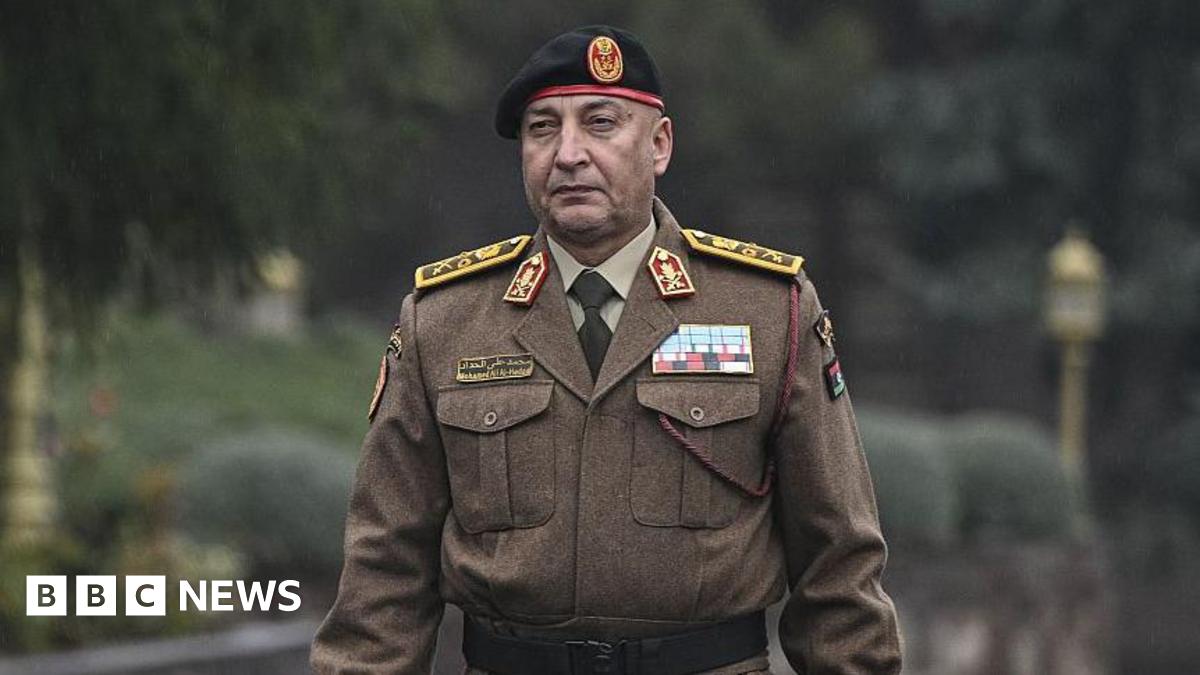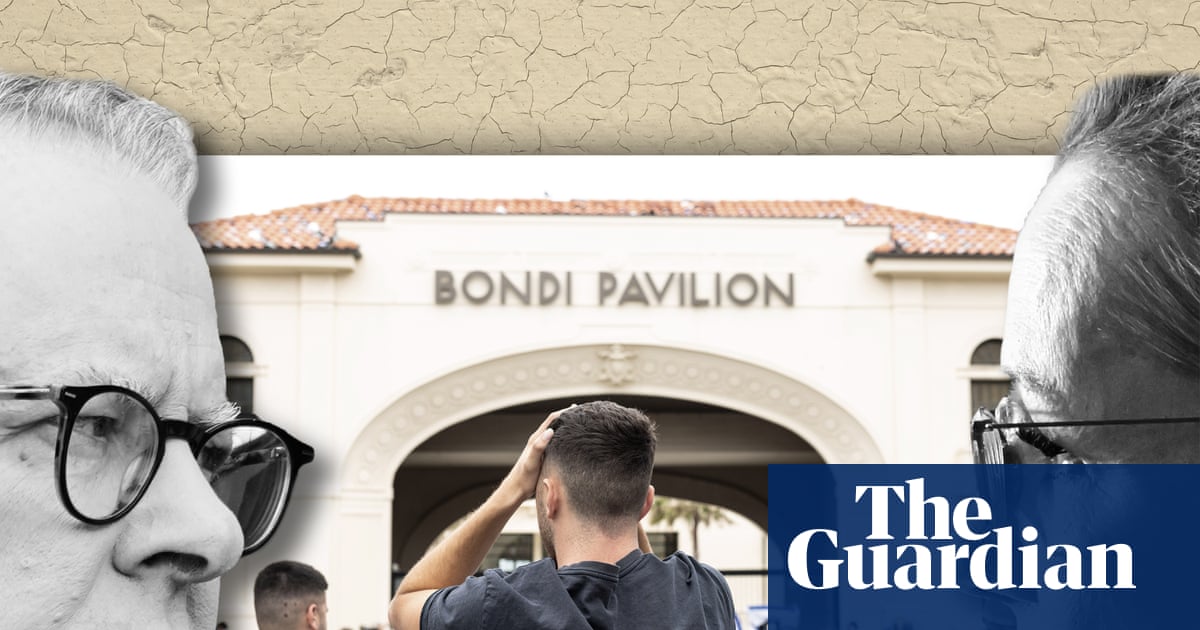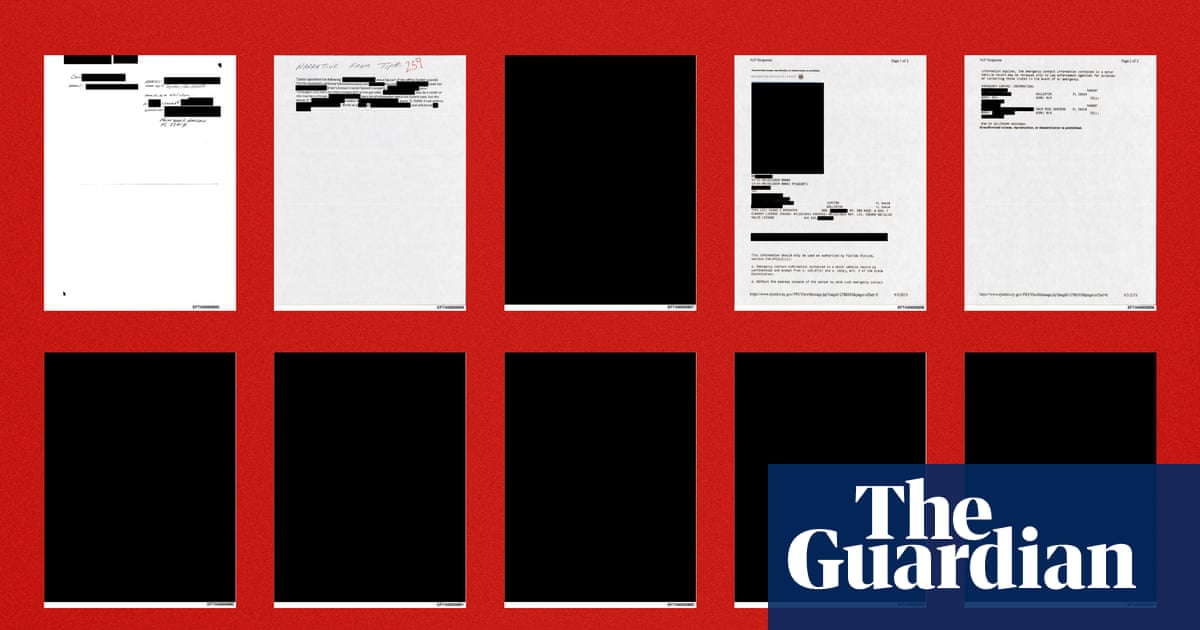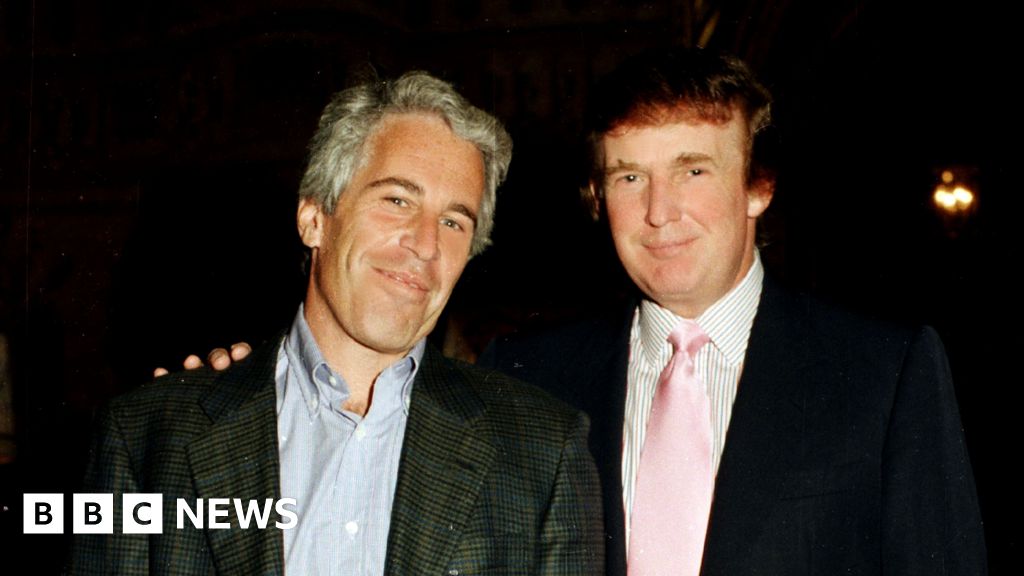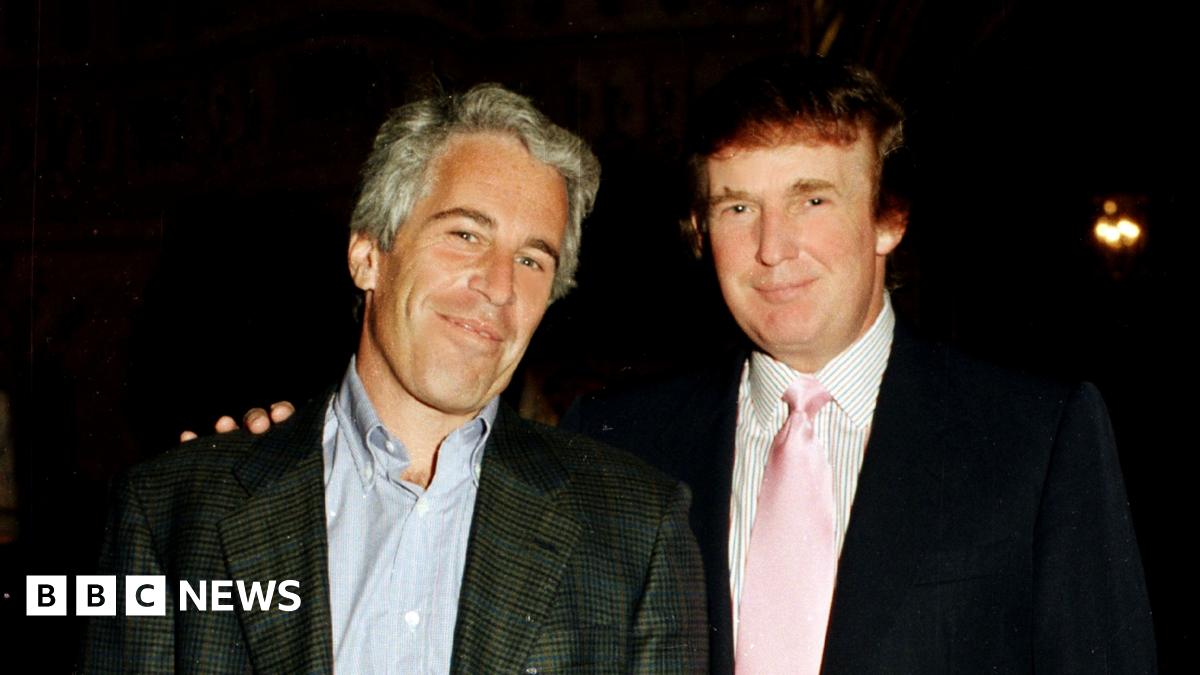Two people are dead after a fire and explosion tore through a nursing home on the outskirts of Philadelphia on Tuesday, prompting local responders, bystanders and staff to rush the elderly residents to safety,…
As if donning an itchy red suit and entertaining kids all day weren’t a tough enough gig, the nation’s professional Santa Clauses face another cheer-sapping challenge this holiday season: getting a…

